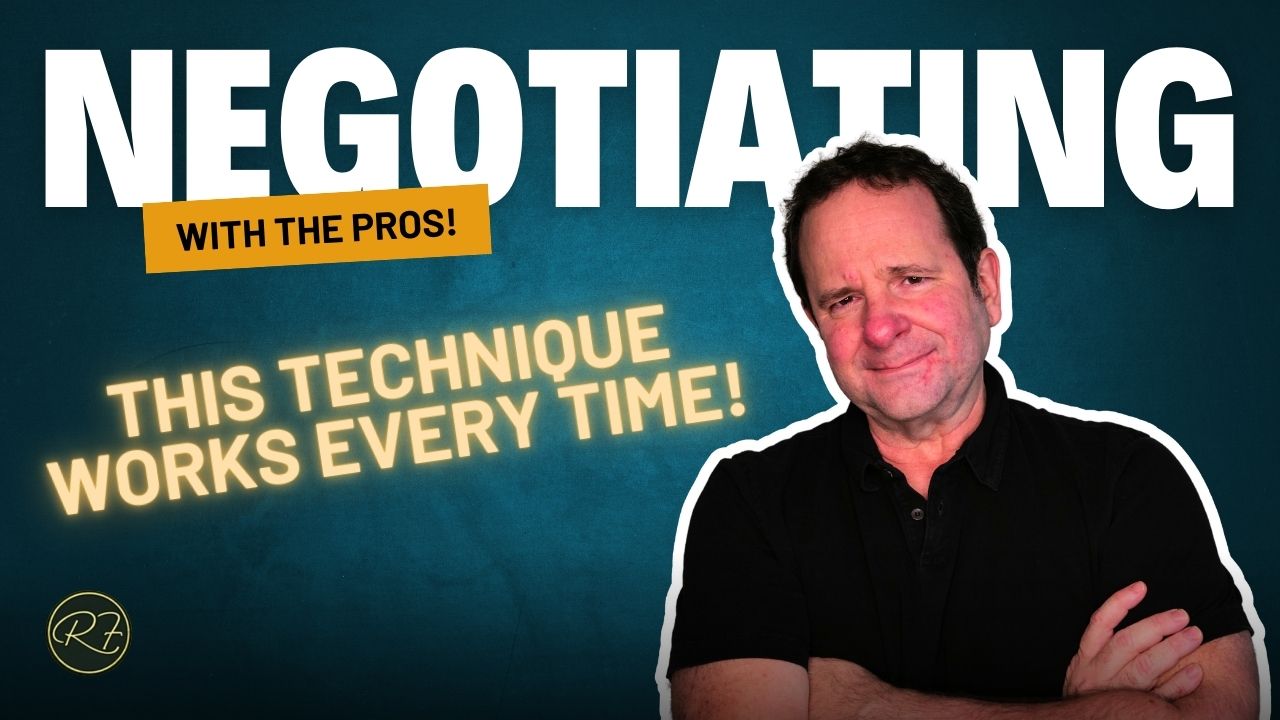
Negotiating with sellers such as former investment bankers or seasoned business owners can feel intimidating. However, these individuals often bring logic, professionalism, and predictability to the table, which can make the negotiation process smoother and more productive.
In this guide, we’ll explore practical strategies for negotiation with professional sellers, helping you navigate valuation discussions and secure favorable terms with confidence.
1. Why Professionals Make Negotiation Easier
Unlike founders who are emotionally attached to their businesses, professional sellers are more likely to rely on data and industry benchmarks. This reduces the chances of encountering unrealistic valuations based on sentimental attachment.
Key Advantages of Professional Sellers:
- Logical and fact-based decision-making.
- Focus on reaching mutually beneficial outcomes.
- A predisposition toward closing deals rather than walking away.
Pro Tip: Approach negotiations with confidence. Professionals value logic and preparation, so arm yourself with clear valuation criteria and creative solutions.
2. Preparation Is Key
Before entering any negotiation, ensure you understand the financials and value of the business. If the seller has an investment banking background, they’ll likely have done their homework—so you should too.
Steps to Prepare:
- Review the Financials: Understand revenue, profit margins, and key performance indicators.
- Establish a Value Range: Determine the range you’re willing to offer, including fallback positions like seller financing or earnouts.
- Know Your Non-Negotiables: Identify terms that are essential to making the deal viable for you.
Example Approach: Start with a fair valuation but keep room for creative terms such as 80% seller financing or performance-based earnouts to close gaps.
3. Communicating with Professionals
Professional sellers are used to negotiation and unlikely to be offended by initial offers. However, how you present your proposal matters.
Communication Tips:
- Be Direct but Polite: State your terms clearly while emphasizing mutual benefits.
- Ask Questions: Clarify any points you don’t understand and repeat back what you’ve heard to confirm accuracy.
- Leverage Roleplaying: Practice with a mentor or peer to refine your pitch and anticipate counterarguments.
Pro Tip: If you’re unsure about a term, tell the seller you need to consult your advisors. This buys you time to seek advice without jeopardizing the deal.
4. Managing Tough Situations
On rare occasions, you may encounter a seller who reacts negatively to your proposal. While this is uncommon, it’s important to handle such scenarios gracefully.
What to Do if a Seller Pushes Back:
- Stay Calm: Don’t take rejection personally; professionals respect persistence and composure.
- Pivot to Alternate Terms: If the seller rejects your initial offer, ask what terms they’d consider instead.
- Recognize Red Flags: If the seller is overly hostile or unreasonable, it may signal deeper issues that could complicate the deal post-closing.
Pro Tip: Most professional sellers will counter with logic rather than emotion, ensuring you have a constructive path forward even if your initial offer is declined.
5. Creative Strategies for Negotiation with Sellers
Creativity is often the key to bridging valuation gaps. Professionals appreciate buyers who can think outside the box to make deals work.
Example Strategies:
- Seller Financing: Offer to pay a portion of the price over time.
- Earnouts: Tie part of the payment to the business achieving specific milestones post-sale.
- Inventory or Accounts Receivable Financing: Use the business’s own assets to secure financing.
Pro Tip: Don’t be afraid to start with unconventional offers. Professional sellers are less likely to be insulted and more likely to counter with constructive alternatives.
Final Thoughts on Negotiation with Professional Sellers
Negotiating with professional sellers requires preparation, clear communication, and a willingness to be creative. These sellers often prioritize logical outcomes, making them ideal partners for structured negotiations.
By following the strategies outlined here, you can approach discussions with confidence, secure favorable terms, and build a foundation for a successful acquisition.
Additional Resources:
- How to Negotiate an Earnout Agreement
- Effective Communication in High-Stakes Negotiations
- Roleplaying for Negotiation Practice: Tips and Techniques
Ready to explore acquisition strategies that fit your needs?
Book a Free Strategy Session with the EPIC Network to discover customized solutions to support your success.










